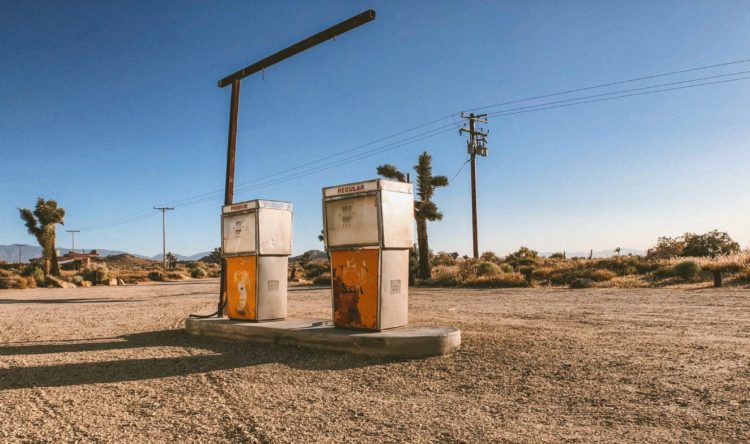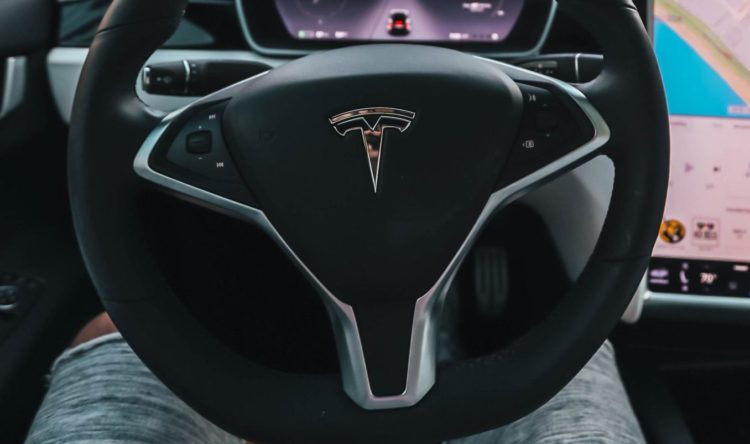Demand for ICE cools EV momentum
Popularity of diesel and petrol models upset the electric charge
In an interesting twist to the current fuelling momentum, one EV model has been cut in favour of the diesel and petrol version.
Citroen has ditched its all-electric approach to sales of its Berlingo model. This comes as a result of “popular demand” for petrol and diesel propelled versions of the MPV.
It’s a move that seems counterintuitive in a UK automotive sector. The ban on all non-electrified new vehicles comes into play from 2030.
Stop start
Production of the petrol and diesel versions is set to recommence in May, according to Citroen UK .
“In late 2020, Citroën announced Berlingo would be available exclusively as the all-electric ë-Berlingo Electric,” reads the official statement. “While ë-Berlingo Electric has enjoyed considerable success since its launch, customer demand for petrol and diesel variants has persisted.
“With Citroën’s commitment to offering accessible and affordable mobility to all, the brand is now delighted to reintroduce the powertrains to the model range, giving fleets and private buyers a wider choice of vehicles.”
End to begnning
Ending the sale of new petrol and diesel (ICE) models across Europe was sealed last month. The European Parliament members approved a proposal bringing an end to the sale of pure ICE new cars from 2035.
However, moves are afoot to slow the demise of ICE vehicles. Reuters reported that the German government has formed an alliance with the Czech Republic, Italy, Poland, Romania, Hungary and Slovakia to table a proposed concession in the EU. This would allow synthetic fuels to keep combustion engines alive. These fuels are proving workable and reliable with a huge decrease in negative environmental impacts. If the move succeeds it will give a green light for manufacturers to ratchet up the production levels
“The (EU) proposal needs changes urgently,” German transport minister Volker Wissing told the news agency. “A ban on the combustion engine, when it can run in a climate-neutral way, seems a wrong approach for us.”







